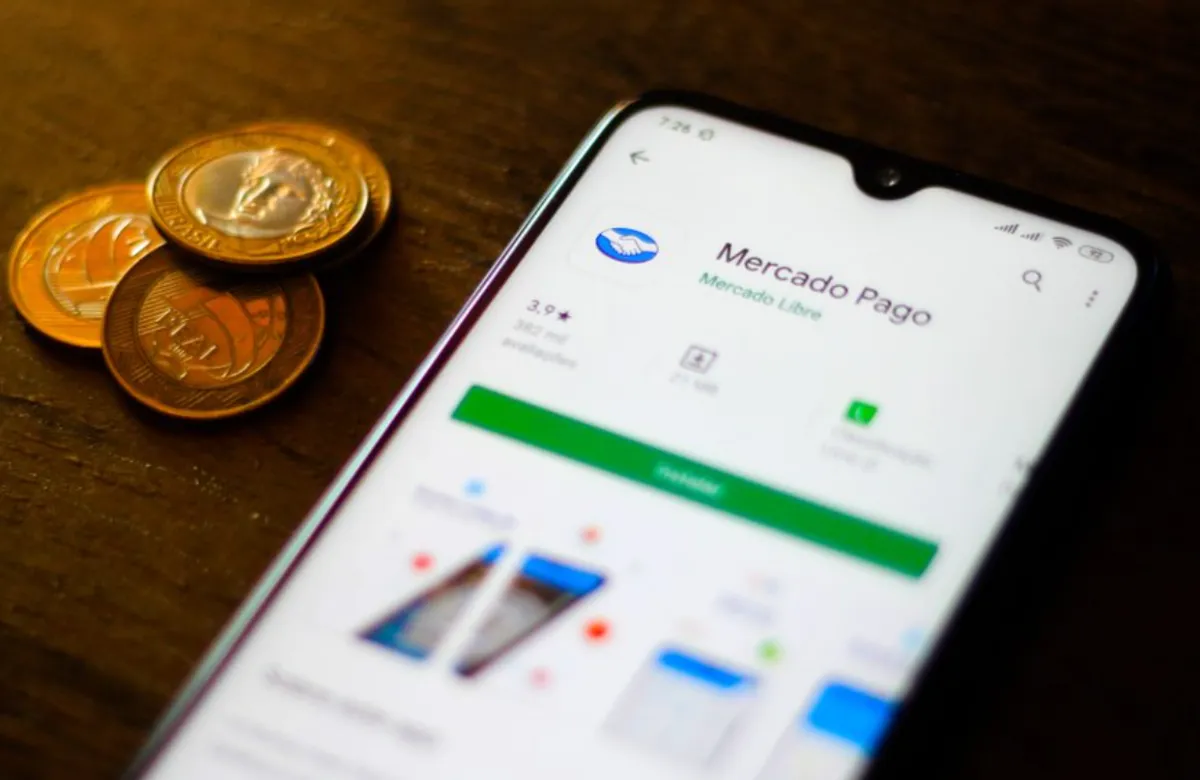
The e-commerce giant Mercado Libre has just launched the MELI Dollar (MELI) to the 20 million Brazilian users of its FinTech app Mercado Pago.
The digital asset announced on Wednesday was described as an alternative for customers "who want to protect themselves from exchange rate variations." Interestingly, the issuer is the Mercado Libre's subsidiary in Uruguay.
Mercado Libre's move is all the more important given that the company operates in a region plagued by high inflation and where access to the dollar often comes at great expense.
"The digital bank of the Mercado Livre group continues to offer solutions to democratize access to the crypto universe and promote innovation and financial development for users," said André Chaves, Mercado Pago's vice president and head of operations in Brazil.
Kicking off with a zero-fee policy for buying and trading MELI, Mercado Pago's venture into digital assets will allow users to maintain currency stability in a time of heightened financial uncertainty.
The MELI Dollar
Often called the Amazon of Latin America, Mercado Libre (or Mercado Livre in Brazil) is the region's largest online retail company by market cap, with about 218 million unique active users.
Its FinTech app, Mercado Pago, has been operating for over 20 years and is one of the largest digital banks in Brazil. It is a direct competitor of finance-only firms such as Nubank and PicPay.
From 2021, the app has allowed Brazilian users to trade cryptocurrencies such as Ether and BTC. That same year, its parent company launched a loyalty token, Mercado Coin, through the platform in partnership with blockchain payment solution firm Ripio.
Ripio and the e-commerce behemoth have continued to work together for this new project, with the blockchain infrastructure provider acting as a market maker for MELI.
The stablecoin is a win-win. By offering a solution for its customers to maintain their purchasing power in the event of exchange rate shocks, Mercado Pago ensures that its revenue stream also stays intact.
And, while the company has decided to waive transaction fees during the currency's initial period, it stands to gain a new source of revenue once it introduces them.
Will Others Follow?
Mercado Pago isn't the first digital payment solution to launch a dollar-pegged stablecoin. Last year, PayPal launched PayPal USD (PYUSD) with the goal of "enabling a digital currency with a stable value designed for commerce and payments." However, PayPal users see little incentive to switch to on-chain transfers just yet.
Amazon, the largest e-commerce website in the world, was also twice rumored—once in 2021 and again last year—to be launching its own dollar-pegged cryptocurrency. Both times, the rumors turned out to be scams, trying to trick people into buying the 'Amazon token' in the pre-sale phase.
While rumors of an Amazon token were absolutely baseless, they weren't unreasonable from a business standpoint. As the legitimacy of digital assets matures, crypto ownership rates increase, and stablecoins rise to prominence as an easy, fast, and accessible solution for online cross-border transactions, more companies have begun to accept them as payment methods.
Most firms' size and nature of business don't justify issuing their own cryptocurrency, but the balance weighs differently for major online retail platforms. Due to their massive customer bases, processing billions of transactions a year, and being easily trusted by users, they can offer benefits once considered inaccessible to smaller non-retail players.

